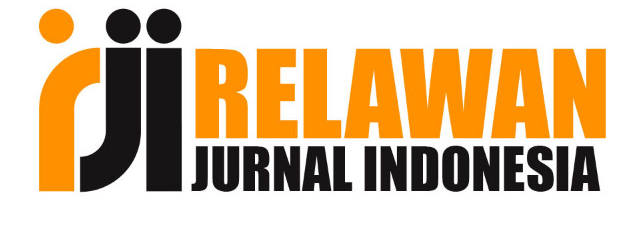Tinjauan Atas Perlakuan Akuntansi Aset Tetap Berdasarkan PSAK Nomor 16 Pada Yayasan Karunia Insani Kabupaten Musi Rawas
DOI:
https://doi.org/10.36982/jiegmk.v14i2.3442Abstract
The formulation of the problem in this study is how to treat fixed assets accounting based on PSAK No. 16 on the IPWL of the Karunian Insani Foundation, Musi Rawas Regency. The purpose of this study is to apply fixed asset accounting records based on PSAK No. 16 on the IPWL of the Karunia Insani Foundation, Musi Rawas Regency. This research includes qualitative research. The data used are primary data and secondary data obtained from the research object. The data analysis technique used is descriptive analysis. Data analysis used is qualitative analysis. Data collection methods used are observation, interviews and analysis of related documents. The results of the study are that fixed assets in the IPWL of the Karunia Insani Foundation, Musi Rawas Regency, are classified based on their nature and use. Fixed assets in the IPWL of the Karunia Insani Foundation, Musi Rawas Regency, are measured using the cost model method. Fixed assets in the IPWL of the Karunia Insani Foundation, Musi Rawas Regency, are recognized if they provide future economic benefits. Fixed assets at IPWL Yayasan Karunia Insani Musi Rawas Regency are depreciated using the straight-line method. The recognition of fixed assets in the IPWL of the Karunia Insani Foundation, Musi Rawas Regency, is terminated if the foundation disposes of its fixed assets, such as selling, renting or donating its fixed assets. Fixed assets in the IPWL of the Karunia Insani Foundation, Musi Rawas Regency, are disclosed in the balance sheet report at the end of the period.
Downloads
Published
How to Cite
Issue
Section
License
Copyright (c) 2023 Miki Indika, Suharto, Yayuk Marliza, Rian Oktavianie, Guwito Manalu

This work is licensed under a Creative Commons Attribution-ShareAlike 4.0 International License.
Authors retain copyright and grant the journal right of first publication with the work simultaneously licensed under a Creative Commons Attribution License that allows others to share the work with an acknowledgement of the work's authorship and initial publication in this journal.
Â
Authors are permitted and encouraged to post their work online (e.g., in institutional repositories or on their website) prior to and during the submission process, as it can lead to productive exchanges, as well as earlier and greater citation of published work.
Â
LP2M Indo Global Mandiri University has the right to multiply and distribute the article and every author is not allowed to publish the same article that has been published in this journal.










